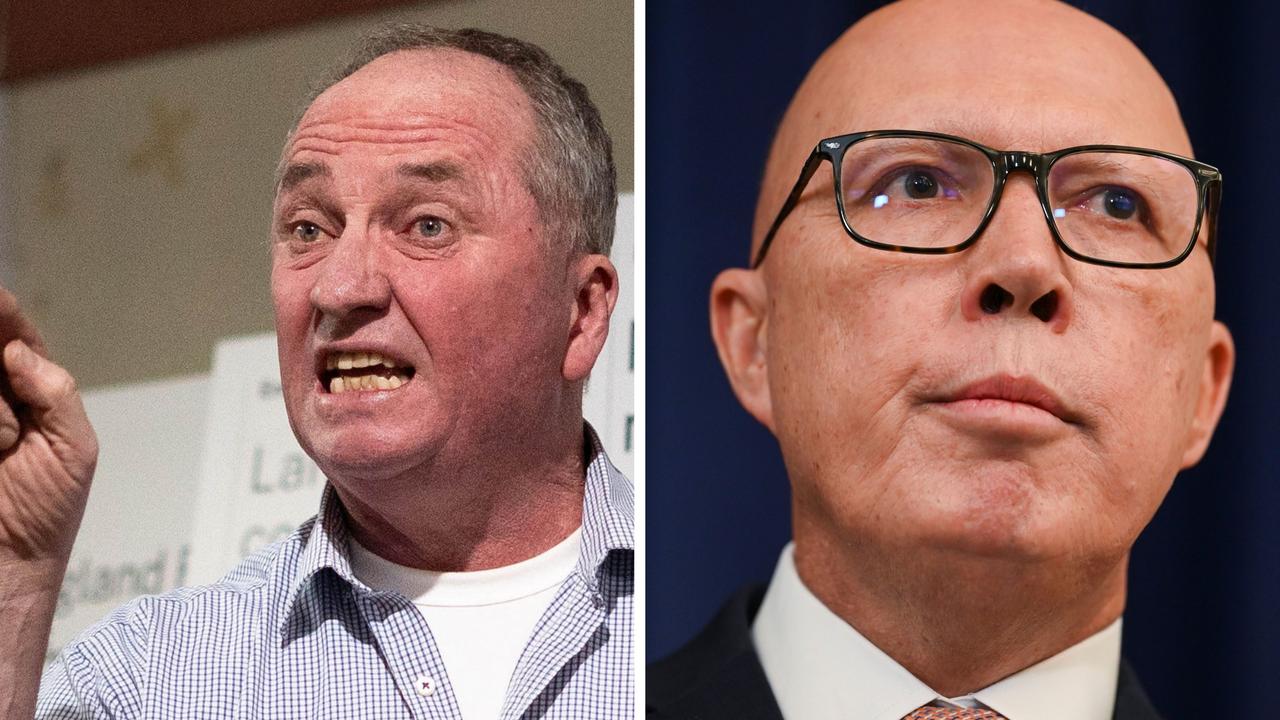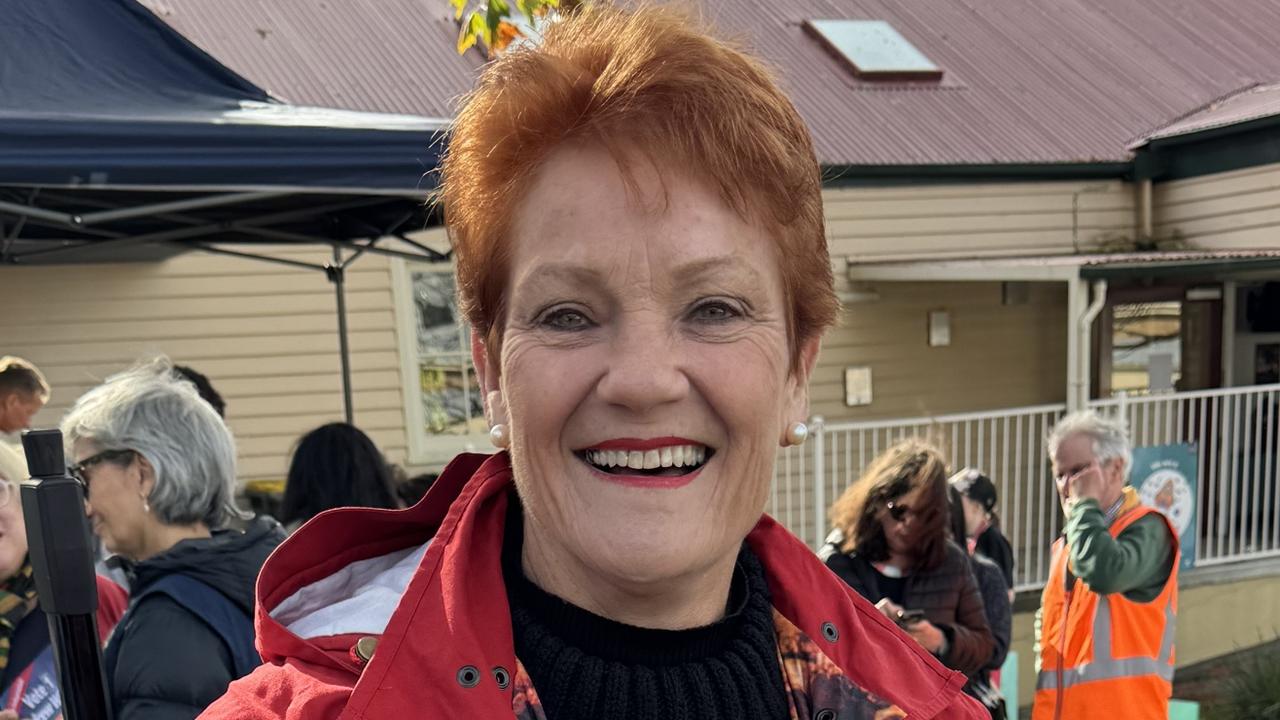One in five veterans to suffer from mental disorders
THEY’RE national heroes, widely respected for their courage. But life in the military is hard, and leaves at least one in five Australian veterans suffering from mental illness.
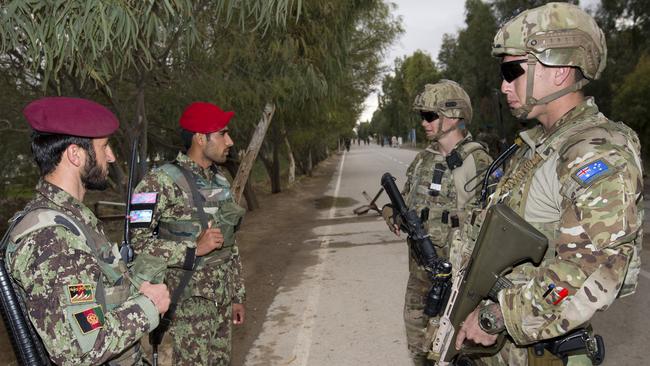
AT least one in five modern-day war veterans will suffer from some form of mental illness after they leave the military.
A new US study also found that therapy such as meditation and yoga had a dramatic short-term impact on veterans suffering from Post-Traumatic Stress Disorder, but the effects did not last beyond two months.
The Australian Defence Force and Department of Veterans Affairs are conducting a joint study to determine why the relatively low number of serving troops suffering from PTSD or depression translates into a much higher number of veterans reporting mental disorders.
About 26,000 Australians served in Afghanistan, which means possibly 5000 PTSD cases.
Data from American veterans who have served overseas during the past decade has revealed an alarming PTSD rate of 20 per cent.
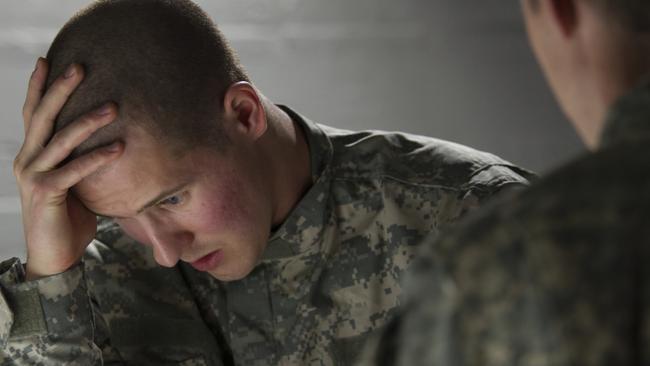
The rate among serving Australian troops is about 8.1 per cent, compared with 4.6 per cent for the civilian population.
PTSD expert Professor Ian Hickie, co-director at the University of Sydney’s Brain and Mind Institute, said studies of serving personnel were likely to significantly under estimate the rate of mental illness.
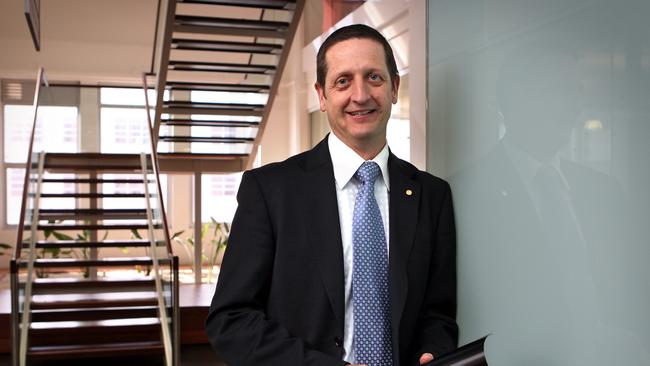
“As our soldiers move from active duty back to civilian life, it is likely that the reported rates will increase significantly,” he said.
“It is likely that we will need to provide appropriate psychological services to at least one-in-five of our veterans.”
Professor Hickie said it was vital for veterans to seek help and to try a range of treatments for mental disorders including anxiety and depression.
“We must provide the best range of care for our veterans at the earliest opportunity and without disputing issues such as entitlements,” he said.
“Goodwill is widespread but implementation is harder to achieve.”
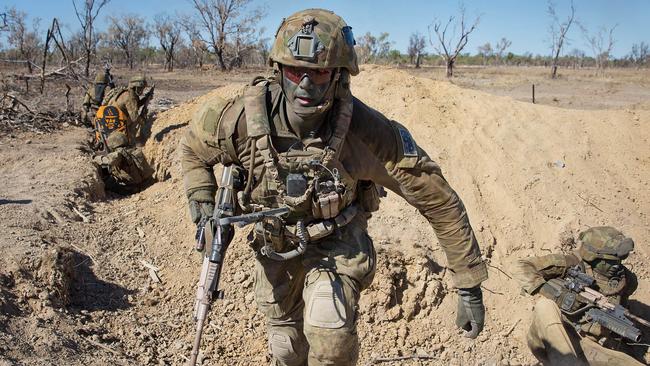
The US study of mindfulness (meditation) versus traditional trauma focused treatments found a dramatic short-term improvement.
At the end of treatment, reduction in clinically-significant PTSD symptom severity was greater in the mindfulness group at 4 per cent, compared with a 28 per cent drop using traditional treatment.
“However, at two month follow-up, this group was no more likely to have lost the PTSD diagnosis,” the study said.
It said more work was required to establish the true impact of the mindfulness approach.
The study said that little attention had been paid to “quality of life” as a therapeutic goal for patients with PTSD.
“A potentially advantageous aspect of mindfulness-based interventions is that they may provide benefit for domains of health beyond PTSD symptoms,” it said.

